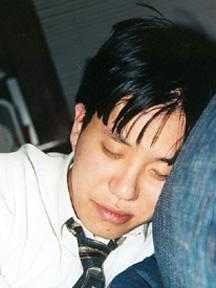With the new movie coming out, The New Yorker chimes in with a look back at the man who brought us the Everlasting Gobstopper - and his work:
...the essence of Dahl is his willingness to let children triumph over adults. He is a modern writer of fairy tales, who intuitively understands the sort of argument that Bruno Bettelheim made in his 1976 book, “The Uses of Enchantment.” Children need the dark materials of fairy tales because they need to make sense—in a symbolic, displaced way—of their own feelings of anger, resentment, and powerlessness. Children also benefit from learning about violence and brutishness in fairy tales, Bettelheim writes, for it counters the “widespread refusal to let children know that the source of much that goes wrong in our life is due to our natures—the propensity of all men for acting aggressively, asocially, selfishly.” Many fairy tales—and most of Dahl’s work—are complex narratives of wish fulfillment. They teach the reader, Bettelheim writes, that “a struggle against severe difficulties in life is unavoidable, is an intrinsic part of human existence—but if one does not shy away, but steadfastly meets unexpected and often unjust hardships, one masters all obstacles and at the end emerges victorious.” Or, in any case, this is a hopeful fantasy which sustains us all.I know some folks will like the lighter, slightly less loony, more musical Gene Wilder take on Willy Wonka. But I'd argue that if the new film is closer to Dahl's work in tone, it will benefit, like chocolate, from being darker.

No comments:
Post a Comment